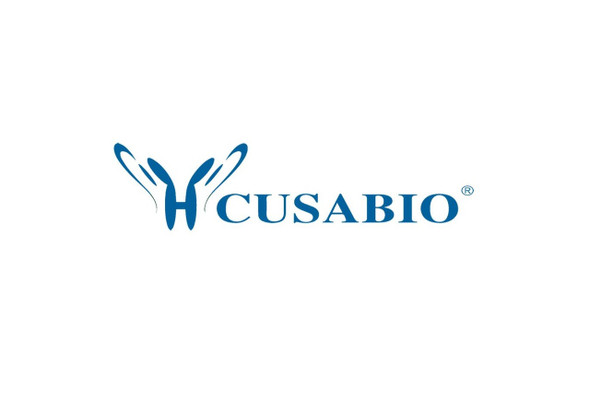Cusabio Active Proteins
Recombinant Mouse Carbonic anhydrase 14 (Ca14), partial (Active) | CSB-AP005781MO
- SKU:
- CSB-AP005781MO
- Availability:
- 5 to 10 Working Days
Description
Recombinant Mouse Carbonic anhydrase 14 (Ca14) ,partial (Active) | CSB-AP005781MO | Cusabio
Protein Description: Partial
Alternative Name (s) : Carbonic Anhydrase 14; Carbonate Dehydratase XIV; Carbonic Anhydrase XIV; CA-XIV; CA14;
Gene Names: Ca14
Research Areas: Neuroscience
Species: Mus musculus (Mouse)
Source: Mammalian cell
Tag Info: C-terminal 6xHis-tagged
Expression Region: 16-290aa
Sequence Info: ADGGHHWTYEGPHGQDHWPTSYPECGGDAQSPINIQTDSVIFDPDLPAVQPHGYDQLGTEPLDLHNNGHTVQLSLPPTLHLGGLPRKYTAAQLHLHWGQRGSLEGSEHQINSEATAAELHVVHYDSQSYSSLSEAAQKPQGLAVLGILIEVGETENPAYDHILSRLHEIRYKDQKTSVPPFSVRELFPQQLEQFFRYNGSLTTPPCYQSVLWTVFNRRAQISMGQLEKLQETLSSTEEDPSEPLVQNYRVPQPLNQRTIFASFIQAGPLYTTGEM
Biological Activity: The esterase activity is determined to be greater than 400 pmol/min/µg.
MW: 31.8 kDa
Purity: Greater than 95% as determined by SDS-PAGE.
Endotoxin: Less than 1.0 EU/µg as determined by LAL method.
Relevance: Mouse Ca14,also known as Carbonic anhydrase 14,is a member of large family of zinc metalloenzymes .It could catalyze reversible hydration of carbon dioxide. The reaction is fundamental to many processes such as respiration, renal tubular acidification and bone resorption. Fifteen CA isoforms have been reported so far. They have different patterns of tissue-specific expression and physiologic roles. Some CAs may serve as markers for tumors and hypoxia. CA XIV is a polypeptide consisting of an extracellular N-terminal catalytic domain, a membrane-spanning segment and a short intracellular C- terminal segment with several potential phosphorylation sites. A subset of CAs lack CA activity due to point mutations but retain esterase function. CA14 is widely expressed in the central nervous system
PubMed ID:
Notes: Repeated freezing and thawing is not recommended. Store working aliquots at 4℃ for up to one week.
Function: Reversible hydration of carbon dioxide.
Involvement in disease:
Subcellular Location: Membrane, Single-pass type I membrane protein
Protein Families: Alpha-carbonic anhydrase family
Tissue Specificity: Most abundant in the kidney and heart, followed by the skeletal muscle, brain, lung and liver.
Paythway:
Form: Liquid
Buffer: 0.2 μm filtered 20 mM Tris-HCl, 150 mM NaCl, pH 8.0
Reconstitution:
Uniprot ID: Q9WVT6
Uniprot Entry Name:
HGNC Database Link: N/A
UniGene Database Link: UniGene
KEGG Database Link: KEGG
STRING Database Link: N/A
OMIM Database Link: N/A









